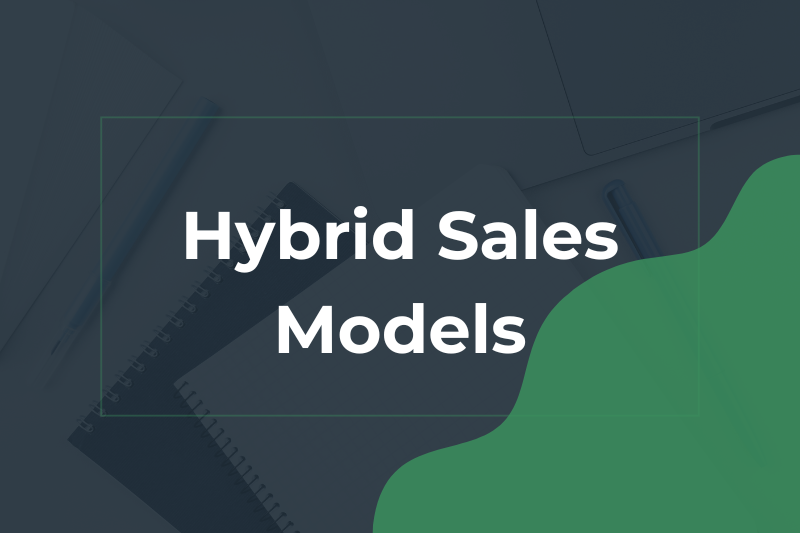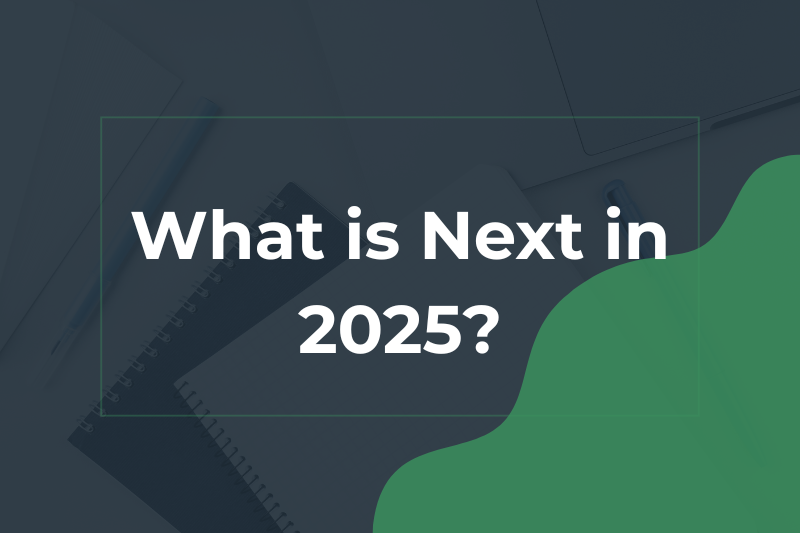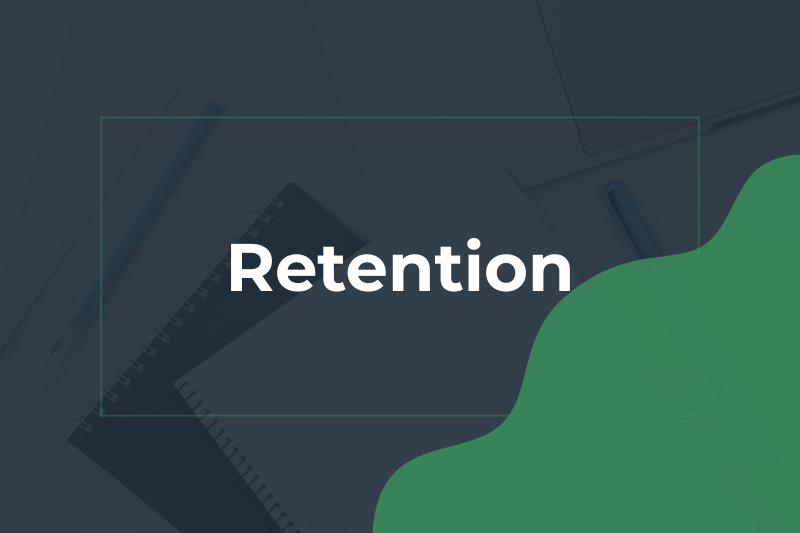In the world of business, one truth stands tall: not everyone is your customer. Yet, so many companies fall into the trap of casting a wide net, wasting time and money chasing leads that will never convert. The solution? A laser-focused approach that starts with knowing exactly who your ideal customer is.
An Ideal Customer Profile (ICP) is more than just a buzzword—it’s the foundation of efficient, high-impact sales strategies. Without a crystal-clear ICP, your team ends up shooting in the dark, hoping something sticks. But with clarity, your efforts become targeted, strategic, and effective. This blog will show you how to define your ICP for both B2B and B2C sales, along with actionable steps to create one.
Let’s dive in and show you why nailing your ICP is the game-changer your business needs.
What Is an Ideal Customer Profile?
An Ideal Customer Profile (ICP) is a detailed description of the type of customer that would benefit the most from your product or service. It’s not just about who you can sell to, but who you should be selling to for maximum impact.
In contrast to a buyer persona, which dives into individual characteristics (like gender, age, or personal interests), an ICP zeroes in on companies or consumers based on specific criteria that determine the best fit for your offering. This profile includes everything from industry type and company size in B2B to purchasing behaviors and preferences in B2C.
Think of your ICP as a finely tuned weapon designed to hit the bullseye every time instead of scattering shots all over the target. For SalesHacker, where precision and results matter, the ICP is your way of slicing through the noise and getting straight to what matters: results.
Why Clarity on Your ICP is a Game Changer
Without a clear ICP, you’re stuck in a cycle of inefficient outreach, wasted resources, and frustration. You can’t be everything to everyone, and when you try, you dilute your brand and your sales efforts. When you clearly define your ICP, it transforms the way you sell, market, and even build your products.
The Benefits of Knowing Your ICP:
1. Focused Sales Strategies: With an ICP, your sales team knows exactly who to target, making outreach efforts more efficient and impactful.
2. Better Lead Qualification: When you know your ideal customer, you can quickly determine which leads are worth pursuing and which aren’t.
3. Aligned Messaging: Having clarity on your ICP ensures that your marketing and sales messages speak directly to the customers who matter most.
4. Higher Conversion Rates: By focusing on the customers who truly need your product, you’ll see higher conversion rates and faster sales cycles.
5. Efficient Use of Resources: Instead of wasting money and time on low-potential leads, you can double down on the prospects most likely to convert.
In short, clarity on your ICP leads to precision, speed, and impact—exactly what SalesHacker is all about.
Benefits of a Clear ICP for B2B
In B2B sales, longer sales cycles, multiple decision-makers, and complex buying processes make a well-defined ICP even more crucial. You’re often dealing with high-value accounts that require a strategic, personalized approach.
B2B Example:
Let’s say you’re a SaaS company selling security software to financial institutions. Your best customers are mid-sized companies with 500-1,000 employees, operating in North America, and they struggle with data security due to increased regulatory pressures.
By defining this ICP, you’ve now focused your sales efforts on:
- Mid-sized financial institutions with specific pain points (compliance, data security).
- Key decision-makers such as CIOs and CTOs who need solutions to meet regulatory requirements.
- Tailored messaging that emphasizes how your software addresses security concerns and simplifies compliance.
This sharp focus allows your team to avoid wasting time pitching to companies outside of your target market, while equipping your sales force with insights that speak directly to your ideal customer’s needs.
Benefits of a Clear ICP for B2C
For B2C businesses, your ICP helps you get crystal clear on the type of consumer most likely to purchase your product. This ensures your marketing dollars are spent effectively, whether through ads, social media campaigns, or email outreach.
B2C Example:
Imagine you own an e-commerce store that sells eco-friendly, fashion-forward clothing for young professionals. Your best customers are between the ages of 25-35, living in urban areas, with a strong interest in sustainability and modern fashion trends.
By honing your ICP, your marketing becomes laser-focused:
- Targeted ads are run on platforms where young professionals are most active (Instagram, TikTok).
- Your messaging highlights the eco-friendly aspects of your clothing, tapping into their passion for sustainability.
- You use specific images and language that resonate with urban professionals who value both fashion and ethics.
This precision not only saves you money on irrelevant ads but also drives higher engagement and conversion rates.
How to Create an Effective ICP for B2B (Step-by-Step)
Creating an ICP requires deep analysis and a data-driven approach. Here’s how to create one specifically for B2B:
1. Analyze Your Best Customers: Start by looking at your most successful accounts. What do they have in common? Focus on factors like industry, company size, revenue, and location.
2. Understand Pain Points and Needs: What problems are your top customers trying to solve? What’s keeping them up at night? This insight helps shape how your solution fits into their world.
3. Map Out the Buying Process: Identify who the decision-makers are and how they make purchasing decisions. Are there multiple stakeholders? How long does it take for them to make a decision?
4. Use Data and Analytics: Dive into your CRM and analytics tools to extract data on what makes your best customers unique. Look for patterns and trends in behavior.
5. Nail Down Firmographics and Demographics: Define key factors such as employee count, annual revenue, industry vertical, and geographic location.
6. Test and Refine: Like any strategy, your ICP will evolve. Continuously collect feedback from your sales and marketing teams, and adjust your ICP based on real-world results.
How to Create an Effective ICP for B2C (Step-by-Step)
For B2C companies, your ICP needs to be just as detailed, focusing on consumer behaviors, demographics, and motivations:
1. Examine Current Customer Data: Look at your customer database and segment by demographics like age, gender, location, and purchasing habits.
2. Segment by Behavior and Motivation: Understand why your customers are buying from you. What pain points do your products solve? What motivates their purchase decisions?
3. Analyze Buying Patterns: When do customers typically make purchases? Are there seasonal trends or specific triggers that lead them to buy?
4. Identify Challenges and Desires: Dive into what problems your product solves or desires it fulfills. Does your product solve a problem they have, or is it aspirational?
5. Refine through Surveys and Feedback: Collect direct feedback from customers through surveys, reviews, and social media. This gives you a clear picture of who your ideal customer truly is.
6. Test and Adjust: As you gather more data, your ICP will need fine-tuning. Continuously update your profile based on evolving consumer trends and behaviors.
Common Mistakes to Avoid When Creating an ICP
1. Targeting too broadly: T The more specific your ICP, the better. Avoid the temptation to cast too wide a net.
2. Assumptions over data: Never rely solely on assumptions; base your ICP on real-world data and customer insights.
3. Ignoring market changes: Markets shift, and so should your ICP. Regularly revisit your ICP to ensure it’s still aligned with current trends and customer needs.
Conclusion
A well-defined ICP isn’t just a tool; it’s a competitive advantage. By having clarity on who your ideal customer is, you’ll eliminate the guesswork, streamline your sales process, and drive faster, more meaningful results. Whether you’re in B2B or B2C, understanding your ICP will sharpen your strategy and ensure your efforts are spent on high-value prospects.
If you found this guide helpful, feel free to share it with your colleagues or friends! Let’s help more businesses master their ICP and achieve sales excellence.






One response to “Ideal Customer Profile (ICP): The Key to Targeting Success in B2B and B2C Sales”
Tuas mãos são abençoadas pois onde tocas vira ouro ou desabrocha.
Acredito no teu sucesso e na capacidade de realizar sonhos.